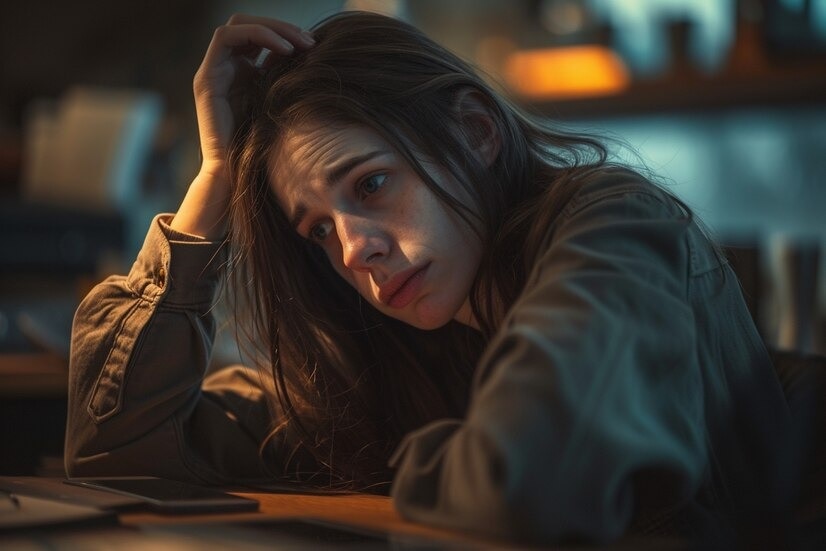Hangover can have psychological symptoms too, especially feelings of anxiety. This phenomenon has been so widely reported that it has been termed: hangxiety.
Hangxiety, also known as hangover anxiety, is the experience of heightened anxiety or unease following the consumption of alcohol. It ususally occurs the other morning when the hangover hits. You’re probably familiar with the usual physical symptoms of a hangover, but not the other side of it. Hangovers can have psychological symptoms too, especially feelings of anxiety. This phenomenon has been so widely reported that it has been termed: hangxiety.
WHY DOES IT HAPPEN?
Researchers haven’t yet found a single cause of hangover anxiety. But, there are simple causes that justify hangxiety. When you consume alcohol, this causes your brain to produce high levels of dopamine. You’ll feel good as the chemical floods the brain, but the rush doesn’t last long. As the dopamine levels dip again, feelings of anxiety replace feelings of euphoria.
SYMPTOMS OF HANGXIETY
- Heightened Anxiety: Individuals may experience an increase in feelings of worry, nervousness or apprehension.
- Physical Discomfort: Hangxiety may manifest as physical symptoms such as headaches, muscle tension, stomach discomfort or sweating.
- Racing Thoughts: Hangxiety can lead to racing thoughts, making it difficult to focus or concentrate.
- Regret or Guilt: Hangxiety may lead to feelings of guilt about actions or decisions made while intoxicated.
- Difficulty Relaxing: Hangxiety can make it challenging to relax, leading to the feelings of restlessness or agitation.
TREATMENT OF HANGXIETY
There are a few techniques that can help cure hangxiety. Read below!
- Hydrate: If you are dehydrated, your body will take a longer time to recover. Make sure you drink lots of water to speed up the process.
- Practice Moderation: It is always better to consume alcohol in moderation, to reduce the chances of hangover anxiety the next day.
- Get Enough Sleep: Make sure you have enough sleep as alcohol disrupts the sleep cycle and makes the anxiety worse.
- Use Breathing techniques: Mindfulness and breathing techniques can help calm hangxiety. Relax, breathe and meditate if you want.
- Say NO to Caffeine: Caffeine can seriously impact your anxiety levels, so it’s best to avoid it when you’re already anxious. Consider a cup of cocoa and honey, which can help reduce inflammation and improve your symptoms.
–>
